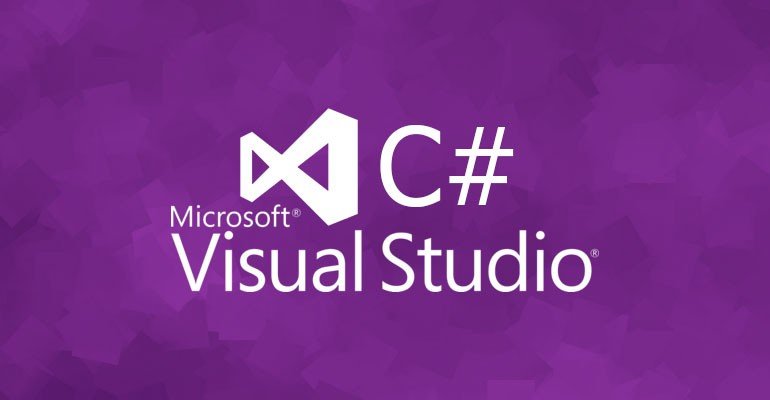
by Yogesh | Jun 27, 2016 | LINQ Tutorial
The Skip query operator will ignore the specified number of input elements from the start of the input sequence and return the remainder. The following code skips over the first three elements and returns the rest: using System; using System.Collections.Generic;...

by Yogesh | Jun 27, 2016 | SQL Server
create function ganesha(@id int) returns int as begin declare @work int select @work=avg(salary) from emp_info where id=@id; return @work; end; declare @my int select dbo.ganesha(1) b) alter function myfun(@date datetime) returns varchar(50) as begin declare @myoutput...

by Yogesh | Jun 27, 2016 | LINQ Tutorial
TakeWhile: This operator is useful when we want to iterate a long list of items. During iteration we can get list of items by using predicate function. Let’s take a example where I will generate numbers using IEnumerable range method and get items as per predicate...
by Yogesh | Jun 25, 2016 | SQL Server
–Self Join select *from emp as p where p.salary=p.gsalary –Equi Join select d.*, e.* from dept as d , emp as e where d.id=e.deptids –Inner Join select d.*, e.* from dept as d inner join emp as e on d.id=e.deptids –Outer Join –Left Outer...

by Yogesh | Jun 25, 2016 | LINQ Tutorial
The partitioning query operators take an input sequence and partition it, or “return a chunk” in the output sequence. One use of these operators is to break up a larger sequence into “pages,” for example, paging though ten results at a time in a user interface. 1....





